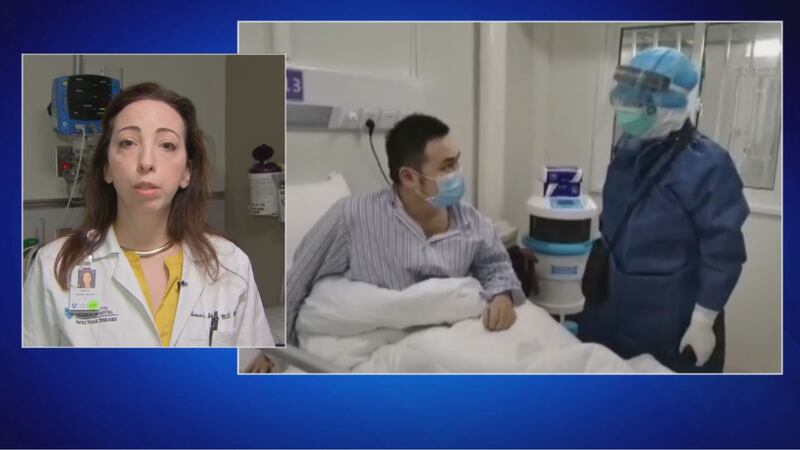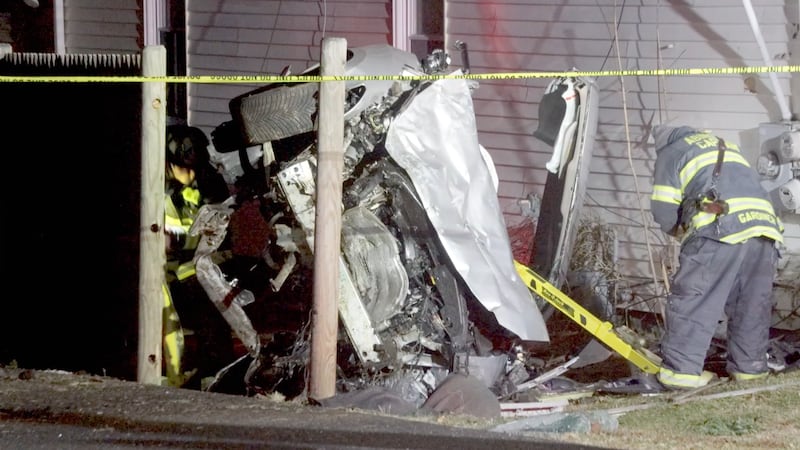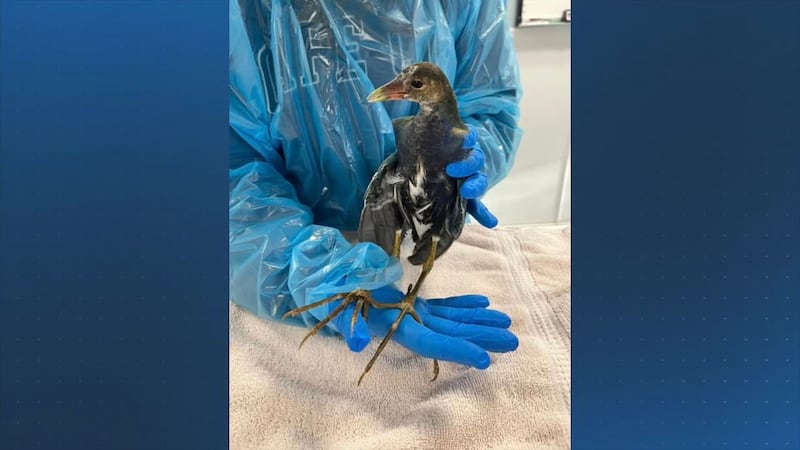BOSTON — Public health officials said Wednesday that they have been monitoring more than 600 people under self-quarantine in the state looking for possible symptoms of the COVID-19 virus.
Public Health Commissioner Monica Bharel said 608 people have been under self-quarantine in their homes. Of those, 377 have already completed their monitoring and have been released without symptoms.
Another 231 are still being monitored and remain self-quarantined. That monitoring typically extends over a 14-day period during which the individuals monitor their health. If there are no symptoms after that period, the individual is determined to be in the clear.
There has been a single case of coronavirus in Massachusetts. The man, who is in his 20s and a student at the University of Massachusetts Boston, had recently traveled to Wuhan, China, and sought medical care soon after his return.
“That patient is doing well and continues to recover in self-quarantine,” Bharel told reporters.
Federal health officials have said the coronavirus, which emerged in December in Wuhan, China, has sickened at least 60 people in the United States. A total of more than 81,000 cases around the world — mainly in China — have been reported and killed 2,700 around the globe.
The self-quarantine is done voluntarily, according to state health officials. The federal Centers for Disease Control and Prevention provides the state with the manifest of travelers from affected regions. State health officials then ask the health department in the city or town where the individuals live to ask them to self-quarantine.
During 14-day quarantine period, local health officials are in contact with the individuals to talk to them about their concerns and help make sure they are monitoring themselves for symptoms including taking their temperature, Bharel said.
Bharel said in the cases of those who are in quarantine but do not have symptoms, the state has not taken the step of looking at people the individual may have come in contact within Massachusetts, since they are not confirmed to have the virus.
In the one confirmed case, the state did follow up with individuals he might have had contact with.
One of the goals of self-quarantine is to limit the interactions an individual has with others in their communities until the time that they could possibly have the disease has passed, Bharel said.
She added the risk of contracting the virus in Massachusetts remains low. Bharel said it’s safe for children to go to school. She also said those who are not sick don’t have to wear a face mask, but should take the usual precautions needed to help avoid the flu -- including washing hands. The flu remains active in the state.
Bharel also said that Massachusetts is well prepared in the event of an outbreak of the virus here and launched a website to update the public. She said the state’s world class health providers are well versed in emergency preparedness.
“At this time we have the funds and staffing that we need for our continued preparation," Bharel said.
Related
Coronavirus vaccine manufactured in Mass. ships to NIH
© 2020 Cox Media Group






